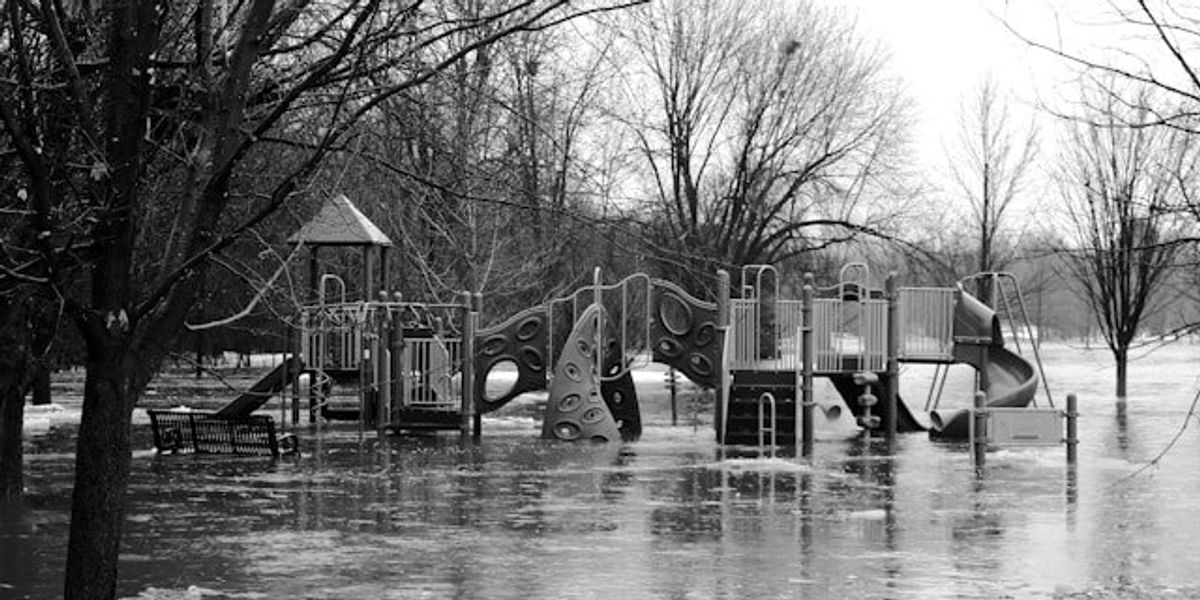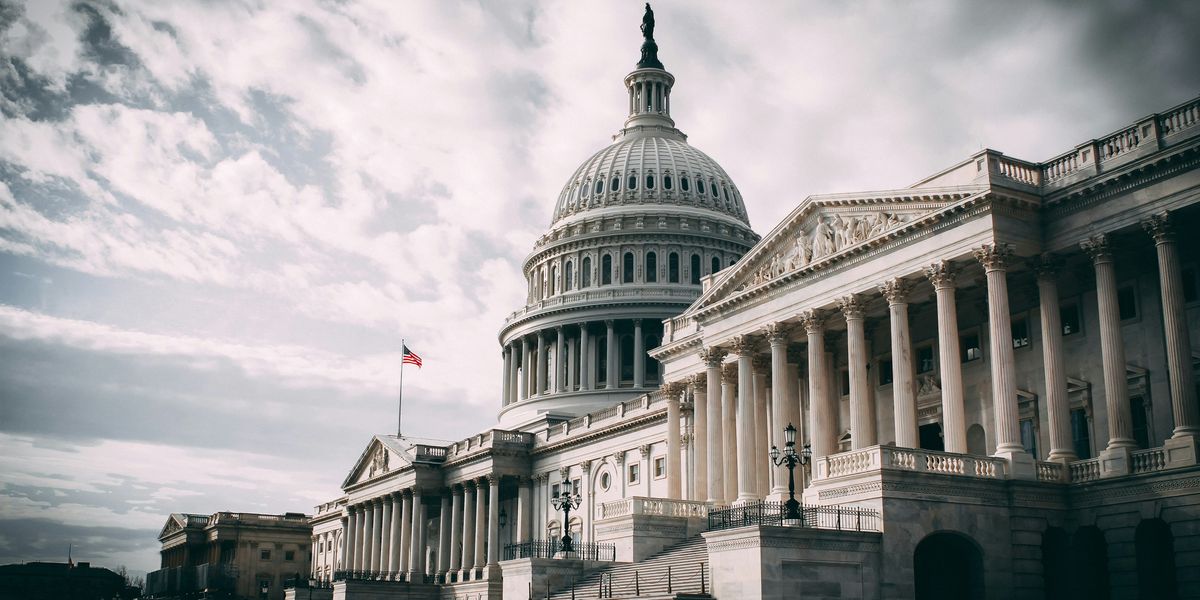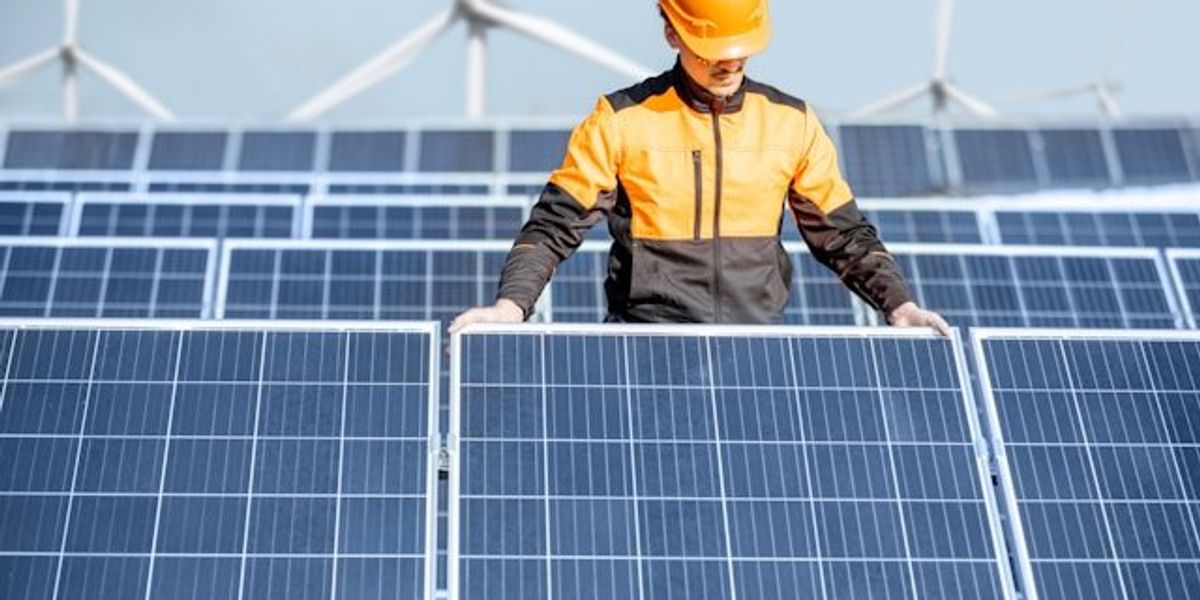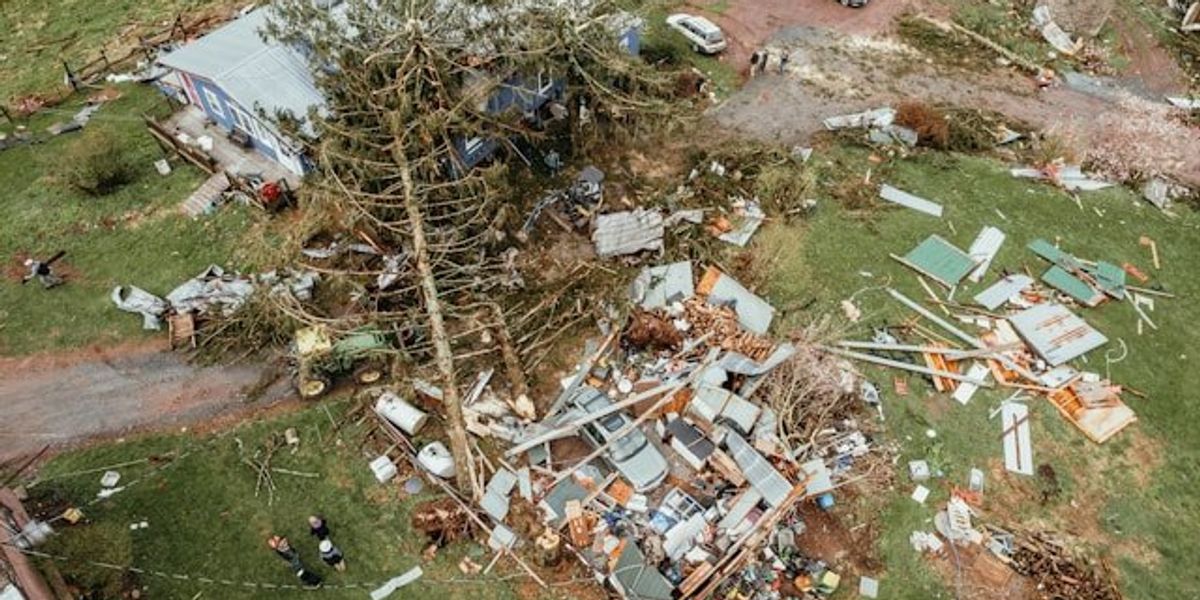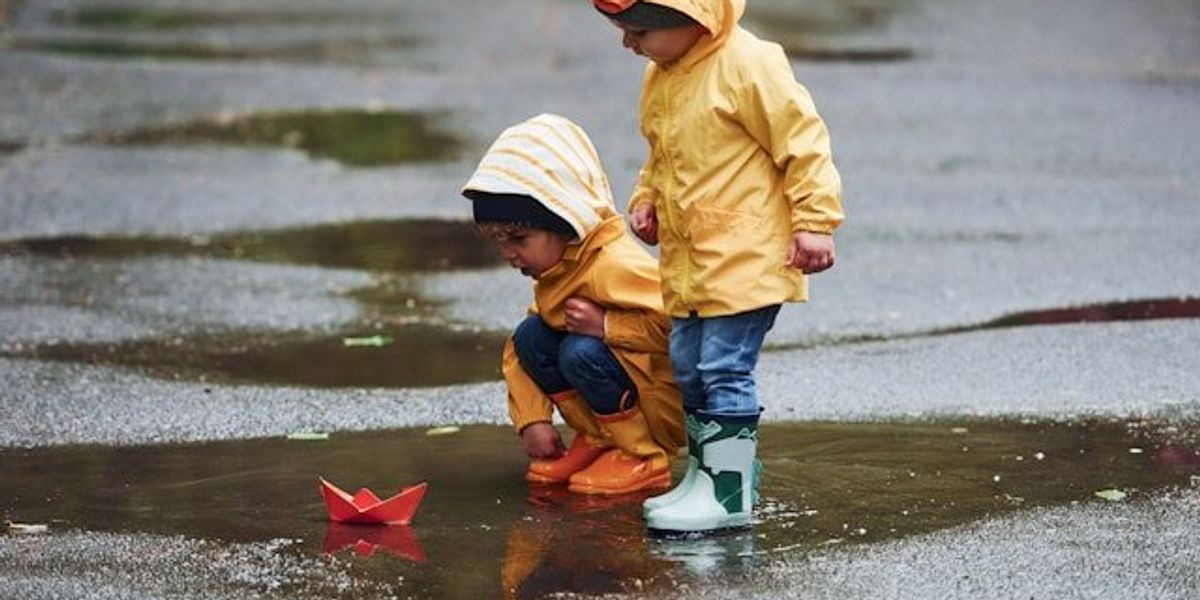
Credit: Frederick Warren/Unsplash
25 June 2024
Climate change will continue to drive up consumer costs
Climate change is already causing price increases on everyday items, and researchers warn it will only worsen, impacting both the planet and the economy.
Sarah Kaplan and Rachel Siegel report for The Washington Post.
In short:
- Rising temperatures are linked to a 1.2 percentage point increase in annual global inflation by 2035.
- Extreme weather events are disrupting supply chains and pushing insurance costs higher.
- Food prices, particularly for climate-sensitive crops like olive oil and cocoa, are especially vulnerable.
Key quote:
“These are really big effects … and they are going to get worse. The clearest way we can limit that is just trying to limit climate change itself.”
— Max Kotz, climate economist at the Potsdam Institute
Why this matters:
From the grocery store to the gas pump, prices are rising, and researchers warn that the situation is poised to get worse. The economic impacts of climate change are being felt in myriad ways, as extreme weather events, shifting agricultural patterns, and disrupted supply chains drive up costs.

